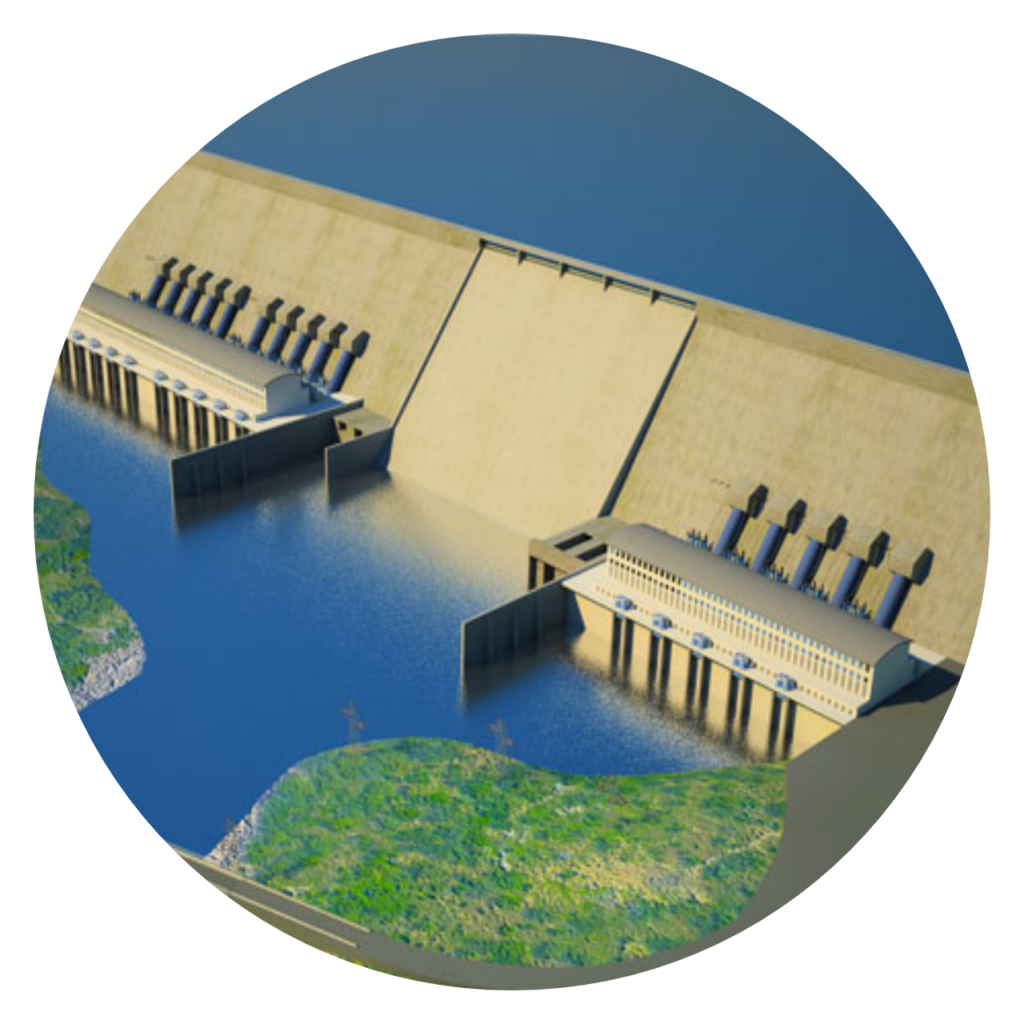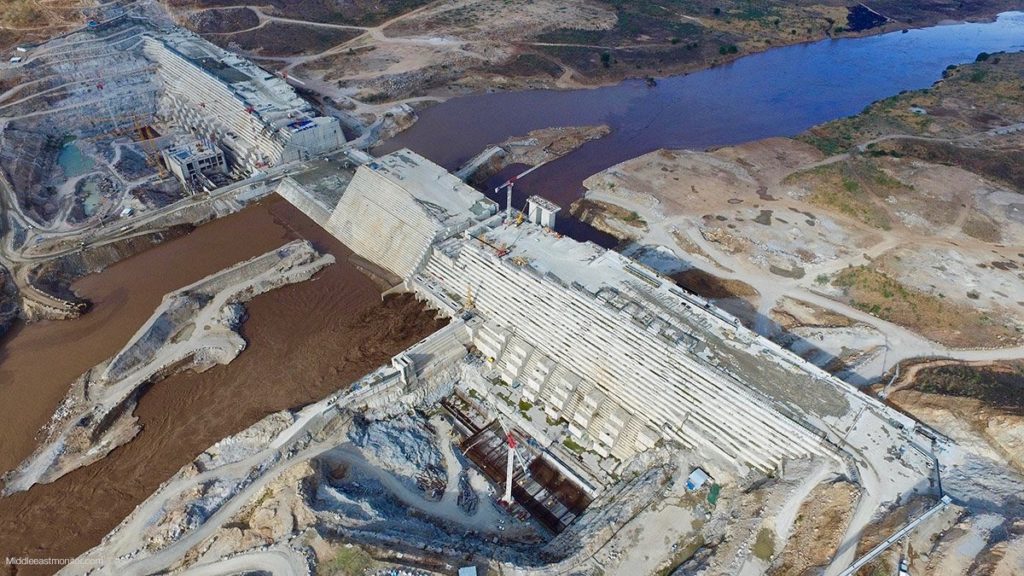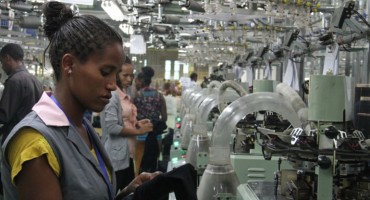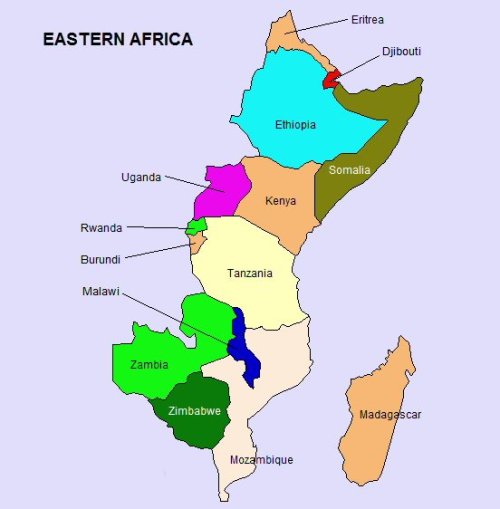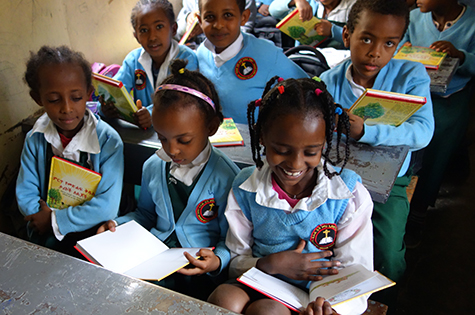In Ethiopia, policymakers are trying to make their nation’s economic development more sustainable. One of the challenges they face is that traditional economic accounting does not adequately consider nature’s contributions to a country’s economy. Ethiopia’s forests cover about 14.7 percent of the country’s land area, with woodland and shrubland accounting for another 44.7 percent. But the value of these ecosystems to the national economy is not well understood.
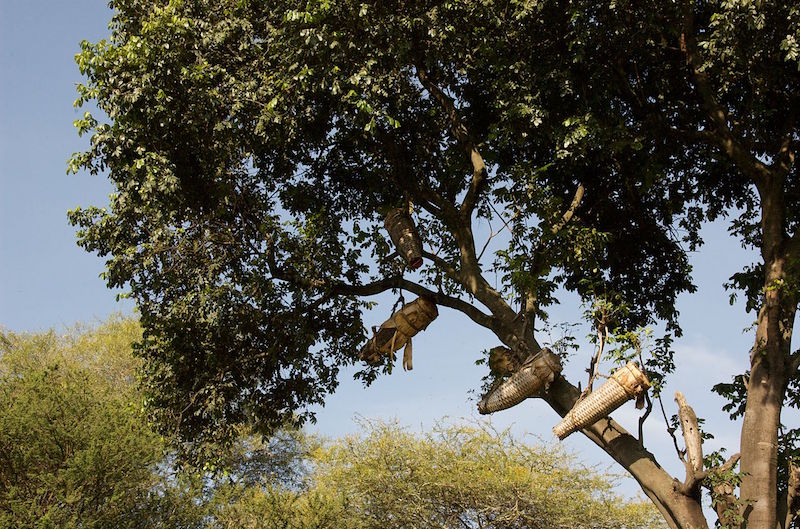
For example, Ethiopia’s System of National Accounts is used to calculate Gross Domestic Product (GDP), but it’s uncertain whether this system fully captures the income that forests produce. Official statistics from the Ministry of Finance and Economic Cooperation show the forestry sector’s contribution to be about 3.8 percent of gross domestic product or GDP.
But a UN Environment report concludes that forests generated economic benefits in the form of cash and in-kind income equivalent to 12.86 percent of GDP in 2012 and 2013. In 2014, the Government of Ethiopia requested the UN Programme on Reducing Emissions from Deforestation and Forest Degradation (through UN Environment) to support the country in assessing the contribution of forest ecosystems to national income in the context of the national REDD+ process.
UN Environment’s resulting report assessed – for the first time – the economic contributions of Ethiopia’s forests.
Main findings
Forests generated economic benefits in the form of cash and in-kind income equivalent to 12.86 percent of GDP in 2012 and 2013; of this, 6.09 percent of GDP is attributed to forest industries. This means that forest income has been undervalued by about 38 percent, because official statistics show the sector’s contribution to be 3.8 percent (2015).
The contribution of forest ecosystems (including carbon sequestration, crop pollination, conservation of agricultural soils and control of water discharge to streams and rivers) to other sectors, particularly agriculture, is valued at 6.77 percent of GDP. The fodder livestock farmers obtain freely (by allowing their animals to graze on forest land) was worth about 3.5 percent of GDP. Wood fuel’s value added is estimated at about 4.5 percent of GDP.
Ethiopia’s Green Economy Strategy
The Government of Ethiopia launched a Climate Resilient and Green Economy Strategy in 2011, with the goal of achieving middle-income status for the country by 2025 while following a carbon-neutral growth path. REDD+ implementation is one of the pillars of the Strategy. The Strategy recognizes that deforestation and forest degradation must be reversed if the country is to meet its development goals. Wood fuel accounts for more than 80 percent of household energy supply in Ethiopia and is particularly important in rural areas.
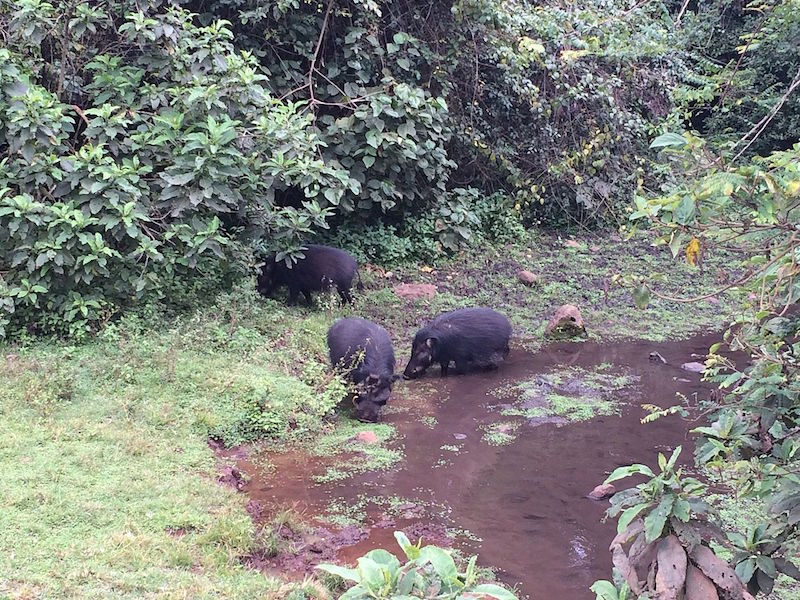
How the study can help policymakers
The study’s findings can help strengthen the national REDD+ process in Ethiopia by, among other things, enabling the relevant government agencies to better understand the extent to which Ethiopia’s forests underpin the economy, thereby building support across different ministries for REDD+ implementation.
The findings could provide the basis for updating Ethiopia’s System of National Accounts with a more accurate account of forest-derived benefits in GDP, particularly the subsistence or in-kind income derived from forests, such as fodder for livestock, wood fuel and roundwood.
The results and recommendations could be incorporated in the REDD+ National Strategy and potentially also be reflected in Ethiopia’s Growth and Transformation Plan 2 (GTP2) or any subsequent products and reports based on GTP2.
UN Environment’s economic valuation study has made the “invisible visible” by highlighting how forests contribute not only to the value added of the forestry sector but also other non-forest industries, both in cash and in-kind income. Implementing the Climate Resilient and Green Economy Strategy, therefore, makes economic sense. In doing so, Ethiopia can safeguard its natural capital, including its forests – valuable resources on which the economy depends to a considerable extent.
https://www.unenvironment.org/news-and-stories/story/ethiopias-forests-undervalued-resource

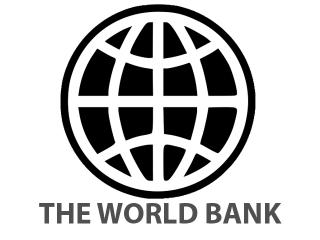
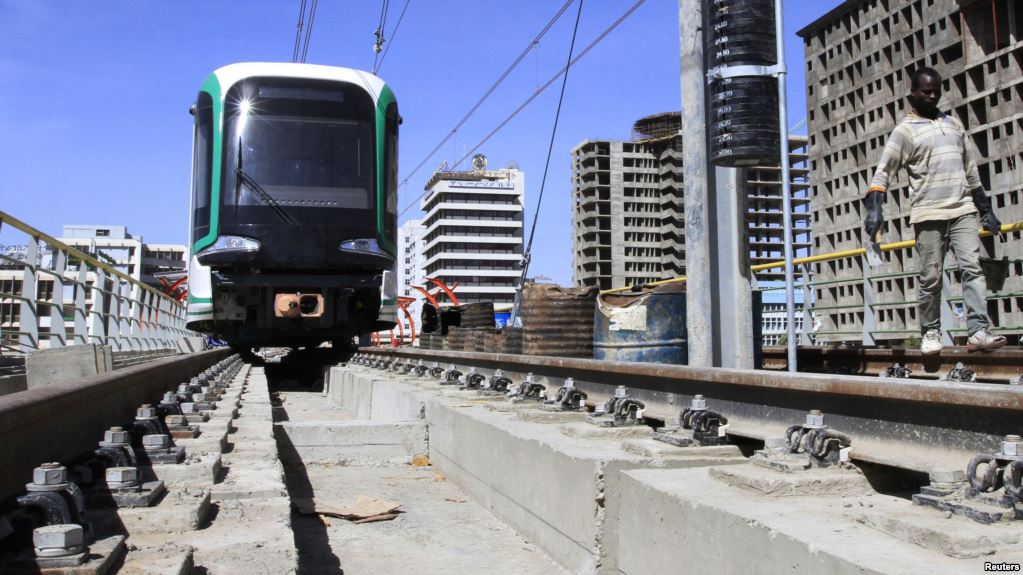
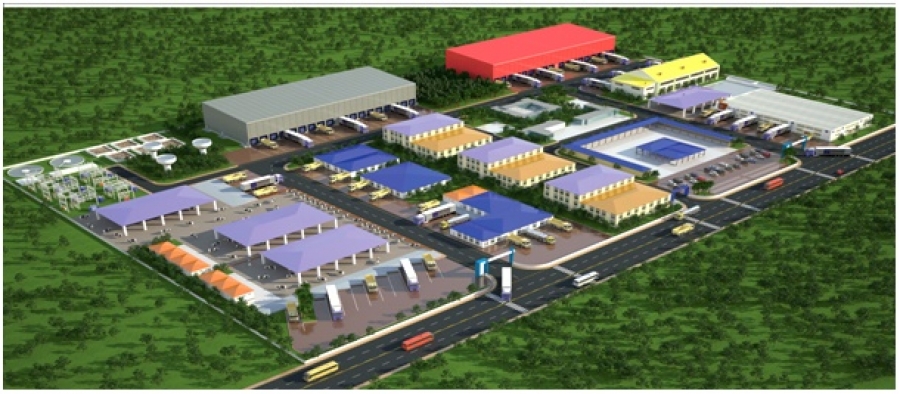
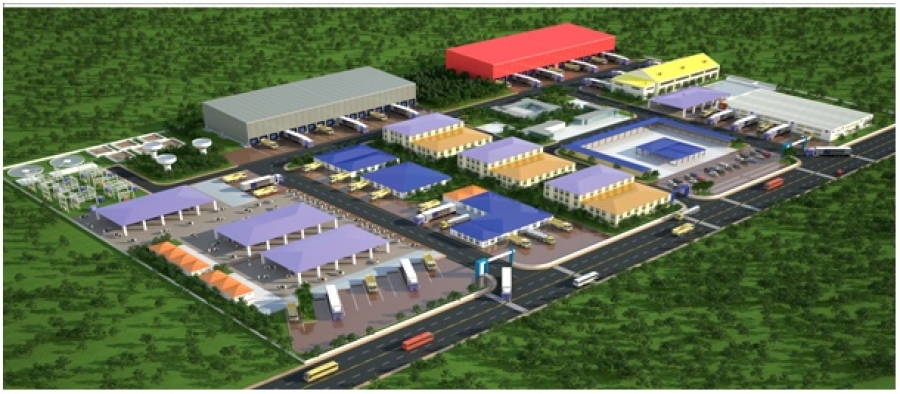

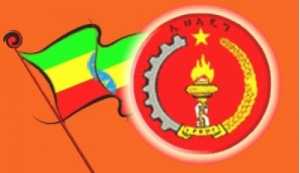 Ethiopia’s ruling party Ethiopian People’s Revolutionary Democratic Front (EPRDF) will kick off its meeting today to elect new party chair.
Ethiopia’s ruling party Ethiopian People’s Revolutionary Democratic Front (EPRDF) will kick off its meeting today to elect new party chair.